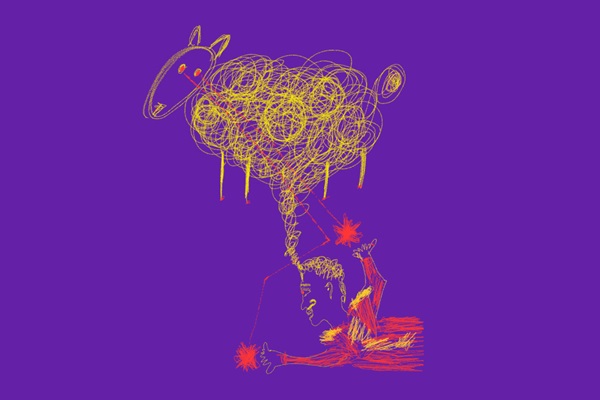Rusalka
An opera in 3 acts (2 parts), sung in Lithuanian
Libretto by Jaroslav Kvapil
Libretto translated from the Czech by Vlada Mikštaitė and Aivaras Mockus
Antonín Dvořák’s opera Rusalka is the penultimate and most popular of his ten operas. First staged at the National Theatre in Prague, in 1901, it was then seen as a strong poetic representation of the Czech national spirit and signalled the development of a unique national style of music based on the newly discovered Czech folklore and cultural heritage rather than the influences adopted from the dominant Austro-German musical tradition. However, today’s audiences are perhaps more attracted not by the national content of the opera, but by the multi-layered text of the work, which is open to diverse interpretations, and by the strong psychological charge, which is powerfully conveyed in the music drama, born of the imagination of Dvořák‘s genius, about the transformation and the tragic fate of a mermaid plagued by insatiable desire and endless suffering.
The Klaipėda State Music Theatre offered this rarely staged opera in Lithuania to theatre director Gytis Padegimas. According to him, “although the opera was written in 1900, it mentions words that we still repeat today as a revelation: ‘man has distanced himself from nature, has cut off his roots. The topic of ecology is particularly important to me, I have been talking about it since I was young, so it is great that I have found like-minded people in the theatre. The whole opera is set in nature: in the first act it is lush and luxuriant, and in the second act it is already degraded. This is the main idea behind our interpretation of Rusalka, including the development of the plot, the set design and the actions of the soloists on stage.”





